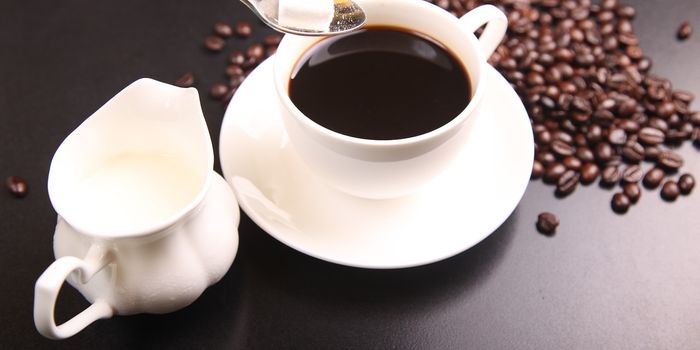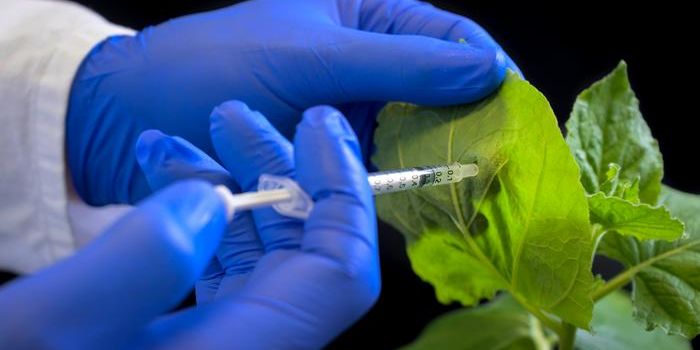Beer Could Help Diversify Gut Microbiomes
No need to cut beer out of your diet just yet if you’re looking to improve your health. According to a recent study published in the American Chemical Society’s Journal of Agricultural and Food Chemistry, beer may have a positive effect on gut microbiome in men, which could help prevent or reduce the risk of certain health conditions.
The study focuses on the gut microbiome’s role in maintaining overall human health. Billions of bacteria live in the human gut, a delicate balance of “good” and “bad” bacteria. These bacteria can help lower the risk of various conditions, including chronic illnesses. A “disrupted” gut microbiome has been implicated in gastrointestinal disease, such as inflammatory bowel disease, and even more widespread health problems like diabetes.
Beer, in particular, contains certain compounds (e.g., antioxidants like polyphenols) and others created during fermentation that could have a significant impact on the human gut: a prior study even found that drinking nonalcoholic lager beer increased the diversity of bacteria in the microbiome compared to alcoholic lager beer.
The study reported in the Journal of Agricultural and Food Chemistry builds on the evidence of the prior study.
The study describes a double-blind trial in which some participants were assigned to drink alcoholic beer for four weeks while others were assigned to drink nonalcoholic beer. After the four-week period, researchers found that participants in both groups showed an increasingly diverse gut microbiome and overall better intestinal health as shown by higher amounts of fecal alkaline phosphatase.
The research team noted that while more research is needed, the results do seem to suggest that beer could be beneficial for the gut. They recommend nonalcoholic beer, however, because no alcohol is the best from a health perspective.
Beer has been a favored beverage for millennia; it’s estimated the first cold one was produced about 5,000 years ago somewhere in the Middle East. Now, we can’t get enough of it: over six billion gallons of beer, for example, were drunk in the United States in 2018 alone.
Sources: Science Daily; Agricultural and Food Chemistry; Integrative Medicine








